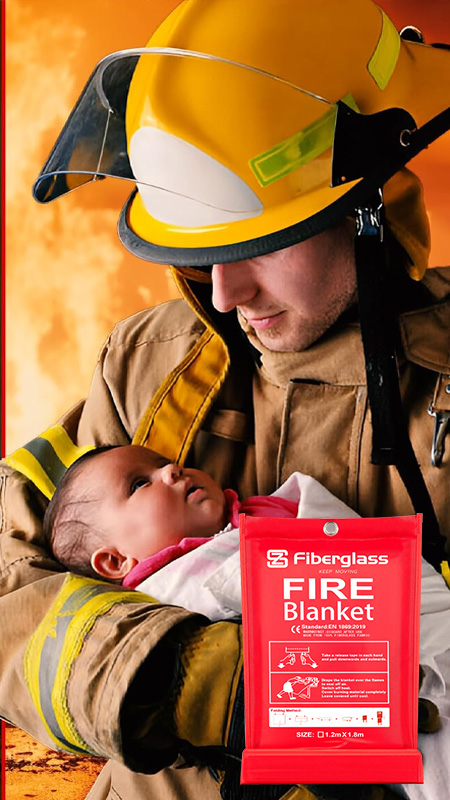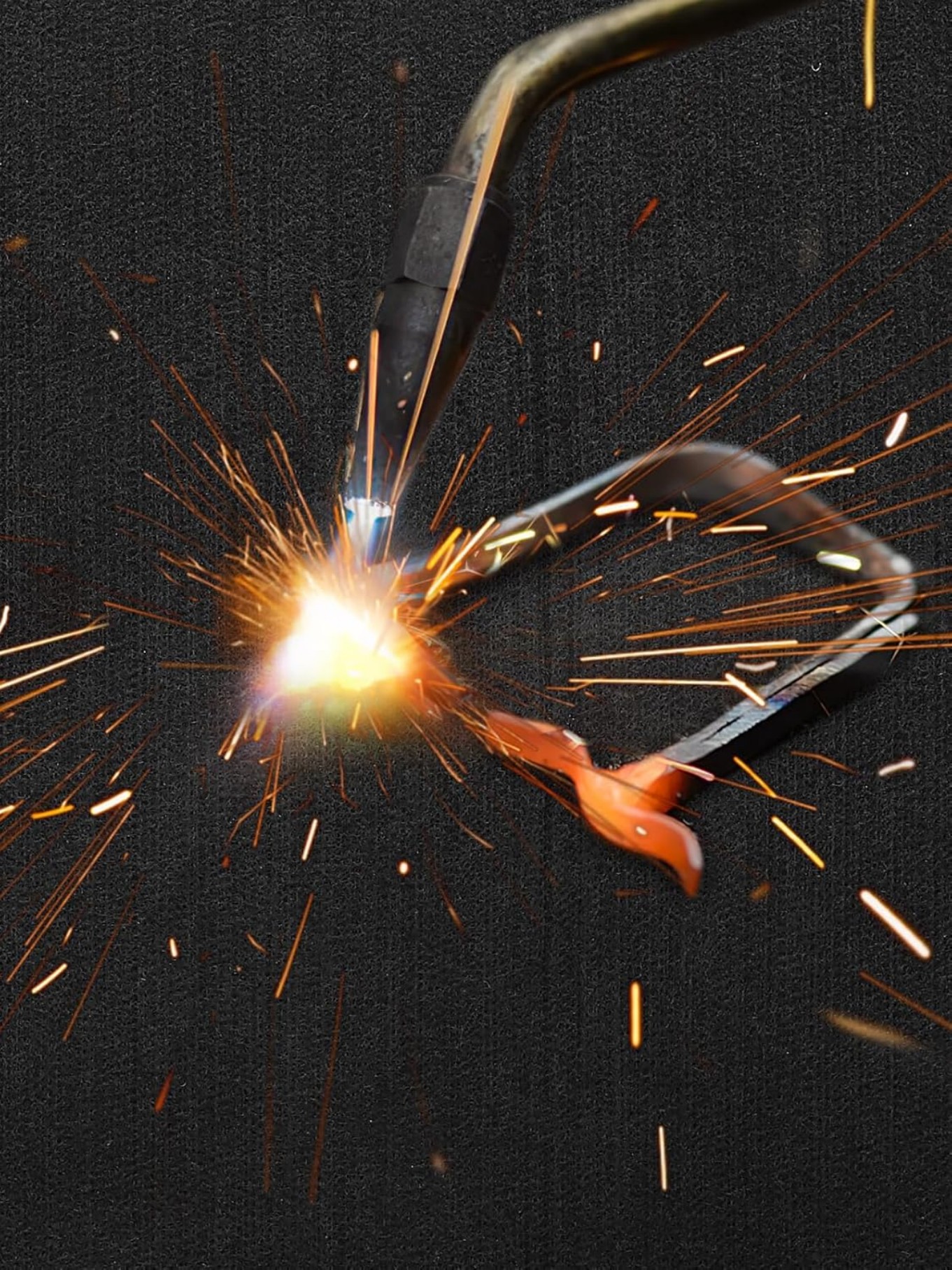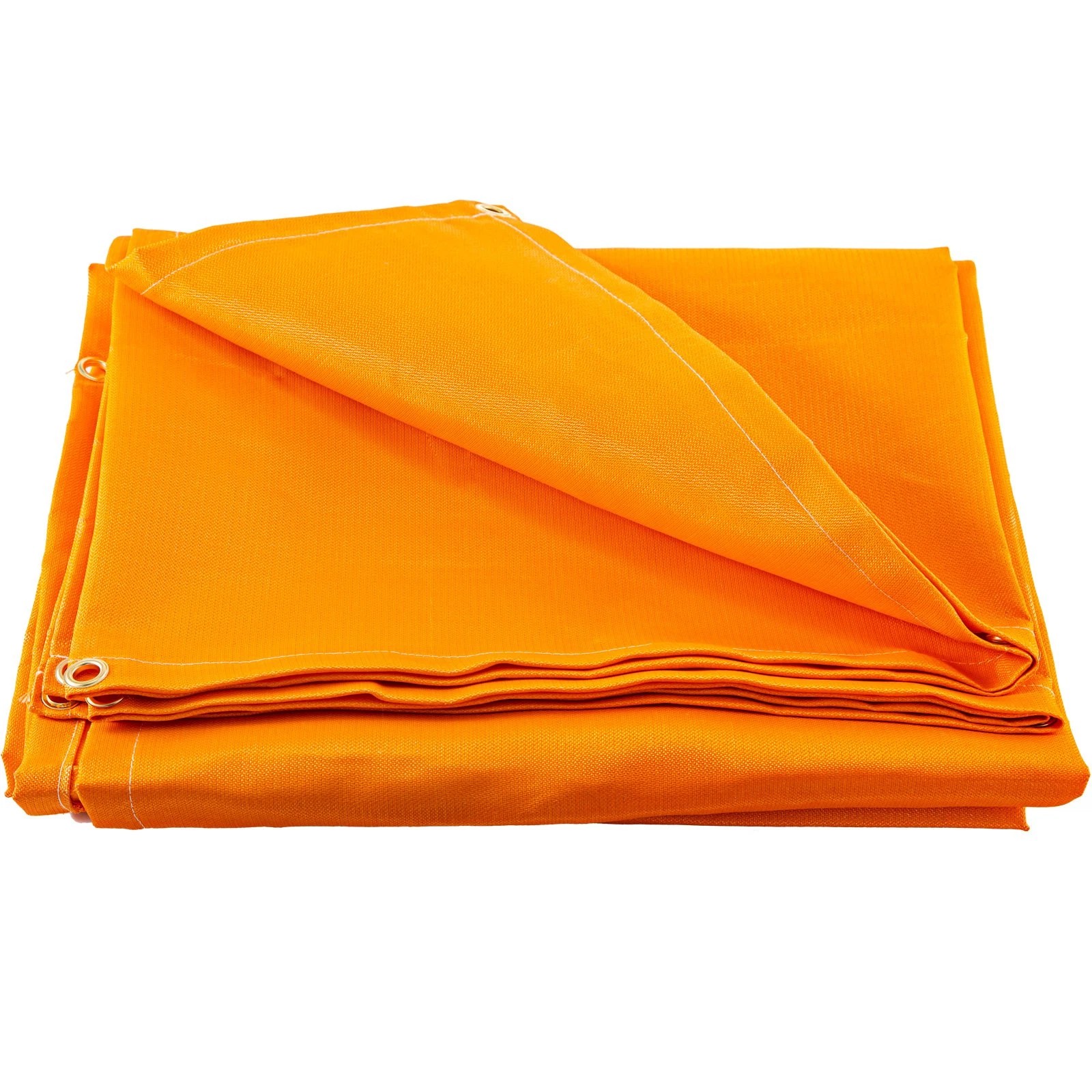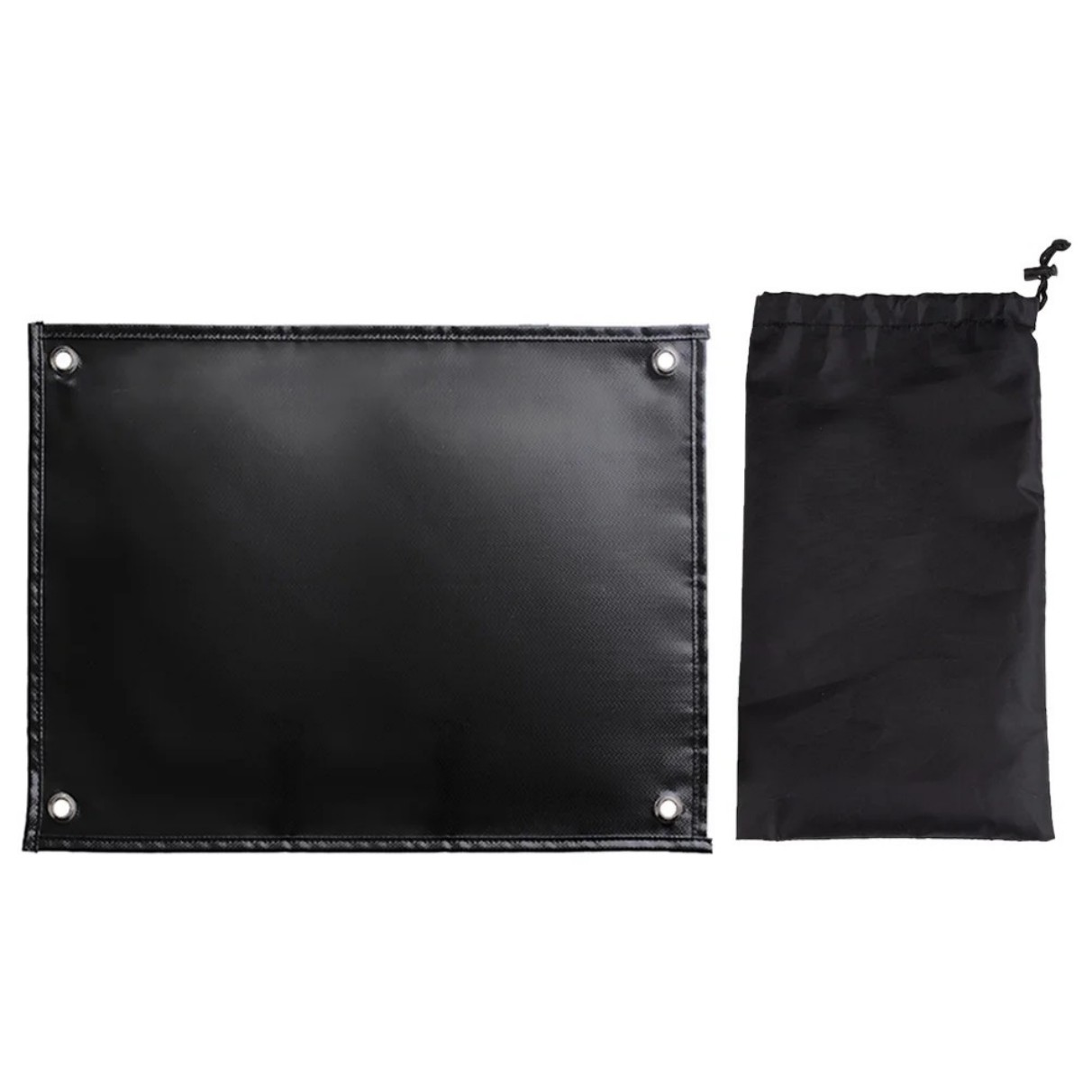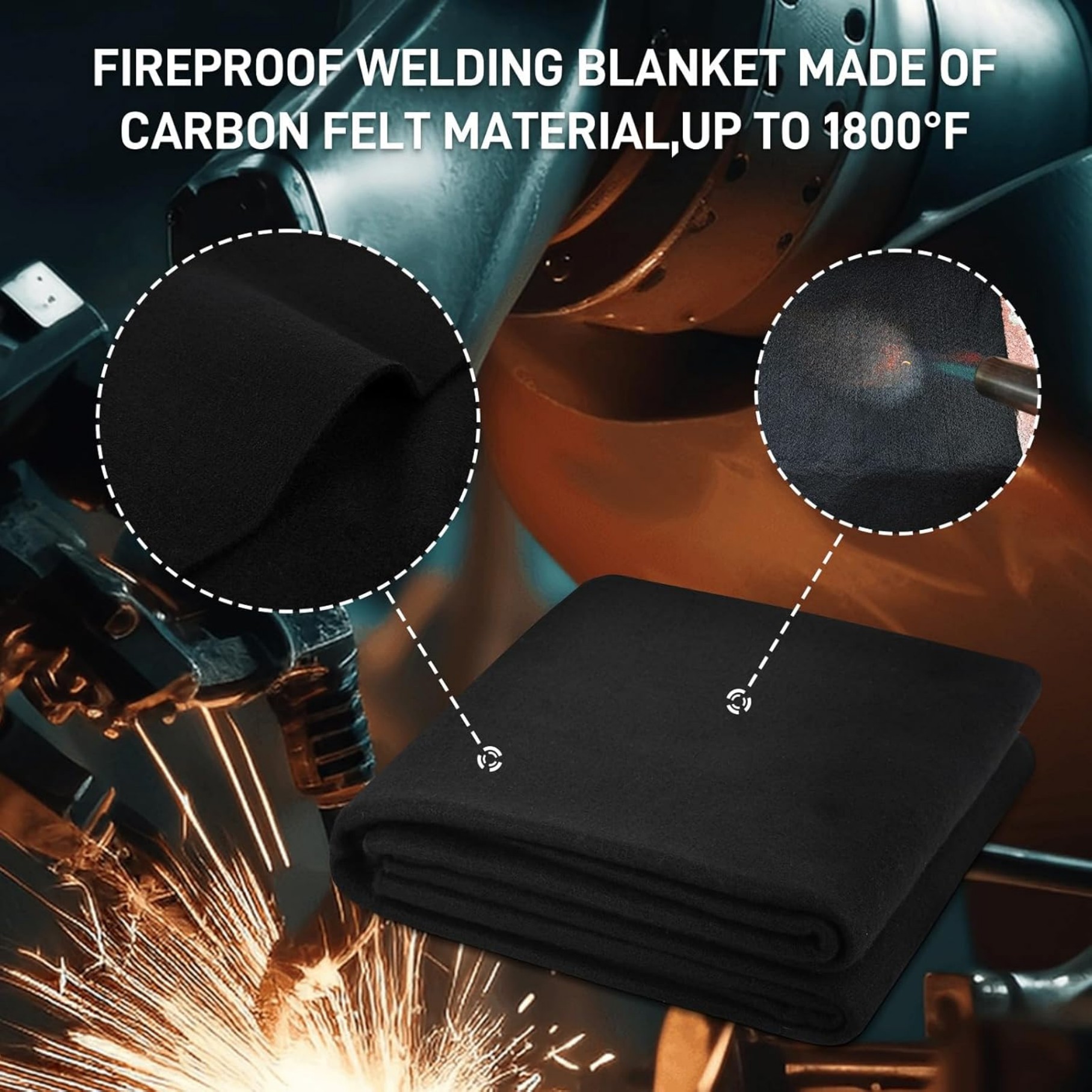How Welding Cooling Blankets Improve Safety and Efficiency in Metalwork
Welding cooling blankets are essential safety tools that protect workers and equipment from heat damage. This guide explains how they work, their benefits, and how to choose the right one for your welding projects.
What Is a Welding Cooling Blanket?
A welding cooling blanket is a heat-resistant protective cover designed to absorb and dissipate heat from welded materials. Unlike regular blankets, these specialized tools can withstand extreme temperatures up to 2000°F (1093°C) while preventing heat transfer to surrounding areas.
You'll typically find welding cooling blankets made from:
- Fiberglass with silicone coating
- Ceramic fiber materials
- Vermiculite-coated fabrics
Key Benefits of Using Welding Cooling Blankets
When you use a welding cooling blanket properly, you gain several advantages:
1. Enhanced SafetyThe primary purpose is protecting workers from burns and preventing fire hazards. The blanket creates a barrier between hot metal and flammable materials in your workspace.
2. Faster Cooling RatesBy covering welded joints immediately after work, you can reduce cooling time by up to 30% compared to natural air cooling. This lets you proceed with inspections or further work sooner.
3. Improved Weld QualityControlled cooling prevents thermal shock that can cause cracks or distortions in your metalwork. The blanket maintains more consistent temperature reduction.
4. Equipment ProtectionNearby machinery, electrical components, and sensitive surfaces stay safe from radiant heat damage when covered with a welding cooling blanket.
How to Choose the Right Welding Cooling Blanket
Selecting the appropriate welding cooling blanket depends on three main factors:
Temperature ResistanceMatch the blanket's maximum temperature rating to your welding process. MIG welding typically requires blankets rated for 1500°F (815°C), while TIG welding might need 2000°F (1093°C) resistance.
Size RequirementsMeasure your typical workpieces and choose a blanket that provides at least 6 inches of coverage beyond all edges. Common sizes range from 12"x12" to 6'x6'.
Material CompositionFor frequent use, silicone-coated fiberglass offers the best durability. Ceramic fiber blankets provide superior insulation but are more fragile. Consider your work environment - outdoor use may require waterproof coatings.
Proper Use and Maintenance Tips
To get the most from your welding cooling blanket:
- Always inspect for tears or damage before use
- Position the blanket before starting your weld when possible
- Allow complete cooling before moving or folding the blanket
- Store flat or rolled - never fold sharply
- Clean with compressed air or gentle brushing (never water for most types)
Replace your welding cooling blanket when you notice:
- Visible cracks in the coating
- More than 10% surface damage
- Reduced heat resistance (test with a small sample weld)
Advanced Applications of Welding Cooling Blankets
Beyond basic welding protection, these blankets serve specialized purposes:
Pipeline WeldingSpecially shaped blankets conform to pipe curves, allowing controlled cooling of circumferential welds that prevents ovality distortion.
Aerospace ComponentsThin, lightweight versions protect delicate aircraft parts during repairs where weight and precision matter.
Automotive RestorationCustom-cut blankets protect adjacent painted surfaces when welding on classic cars.
Conclusion
A quality welding cooling blanket is a smart investment that pays for itself through improved safety, better weld quality, and reduced downtime. By understanding the different types and proper usage techniques, you can significantly enhance your metalworking results while protecting both personnel and equipment.


